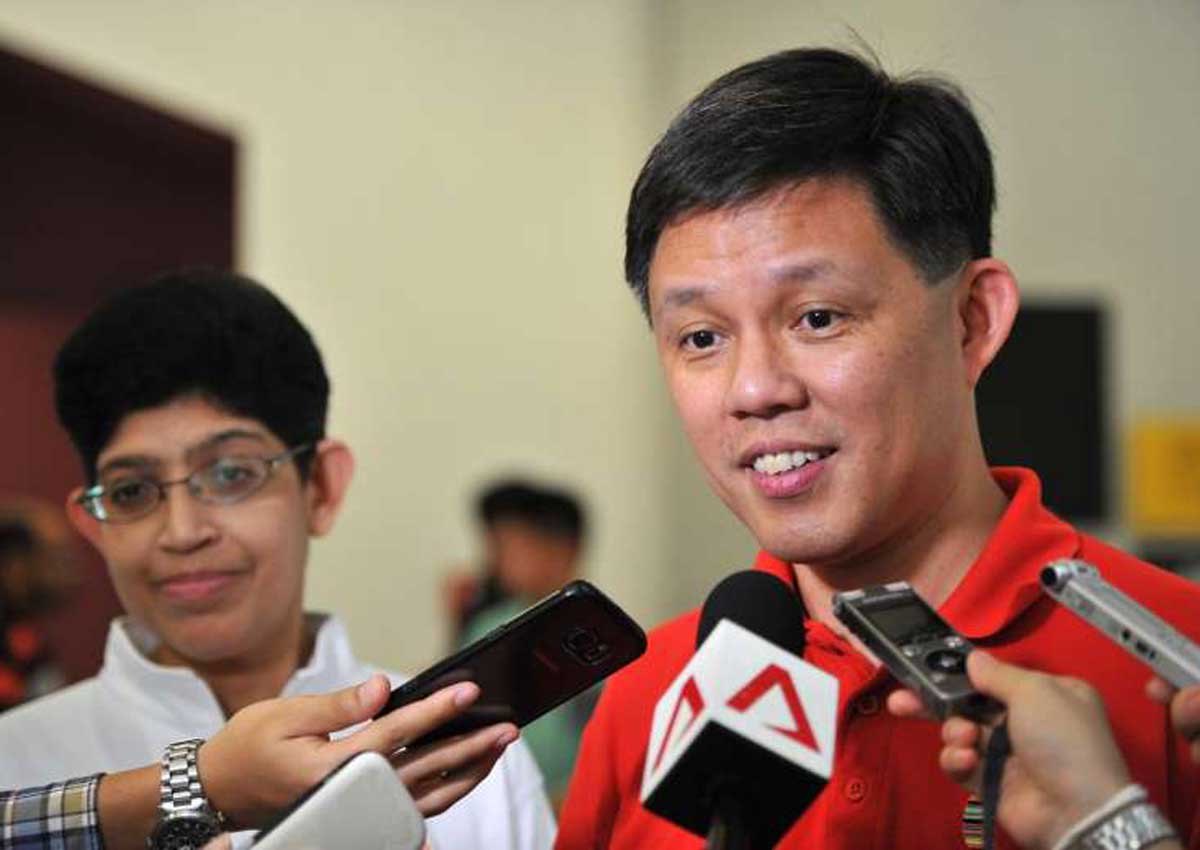The ability of small companies to cope with the current economic uncertainty was a key concern of many MPs yesterday, the first day of debate on the Government’s Budget for the new financial year.
To improve the health of these small and medium-sized enterprises (SMEs), labour chief Chan Chun Sing prescribed less “sugar”, more exercise and “nutritional supplements”. He also highlighted the need to prepare today’s workers for tomorrow’s storms even before they enter the workforce.
With Singapore at a critical juncture of economic transformation, more needs to be done to help workers and companies, said Mr Chan, who is also Minister in the Prime Minister’s Office.
The Budget speech on March 24 had focused on a prudent approach in helping companies and households prepare for the future.
Yesterday, noting that the Budget has sweeteners for SMEs, Mr Chan said in Mandarin: “If we have too much sugar and we are used to this, then problems will arise and it will not help to solve our problems.”
As for exercise, SMEs must “walk about” and find larger markets abroad, to grow into future multinationals. The Government will continue to help them do it, Mr Chan added.
The National Trades Union Congress (NTUC) will also do its part to give SMEs “additional nutrition”, said Mr Chan, who is NTUC secretary-general. This includes working with bosses to train them for the future and starting training courses to help SMEs with human resource management.
In cautioning against too much help while acknowledging the need for support, Mr Chan expressed the concerns of many of the 25 other MPs who spoke yesterday.
Dr Teo Ho Pin (Bukit Panjang) wanted more help for SMEs, but he noted not all firms that tapped the Government’s Productivity and Innovation Credit scheme made real productivity improvements.
Dr Lim Wee Kiak (Sembawang GRC) warned against making firms dependent on aid, saying: “Let businesses learn to grapple with the crisis and come out stronger.”
Mr Chan stressed the need to give SMEs targeted help. “We need to go sectorally to examine where the laggards in our productivity drive are and how best to help them lift their productivity, in their respective sectors.”
Helping SMEs transform is not as easy as giving grants – work must be done at the sector level or even at each company, he said. “We either do this or we pretend that some broad macro-measures will miraculously lift the productivity of all.”
As for workers, Mr Chan identified possible structural unemployment as one critical challenge.
The issue is not the total number of jobs, but how to help a displaced worker find a suitable new job.
To do this, the labour movement needs to go upstream – to schools – and midstream with continual upgrading for workers, as well as help mature workers gain new skills, said Mr Chan.
“We need to prevent the PMETs (professionals, managers, executives and technicians) in their 40s from being displaced in 10 years’ time. We have to start with the PMETs in their 20s and 30s now. Otherwise, we can’t blame the competition if one day our people lose out.”
In doing all this, prudence is key, said Mr Chan, echoing another common theme in yesterday’s debate.
“The Government has not shied away from spending resources to upskill our workers or to help our industries restructure,” he said.
“But it is incumbent on all of us to realise all these monies come from taxpayers and… we have a responsibility to use this money wisely.”
The debate continues today.

This article was first published on April 5, 2016.
Get a copy of The Straits Times or go to straitstimes.com for more stories.






